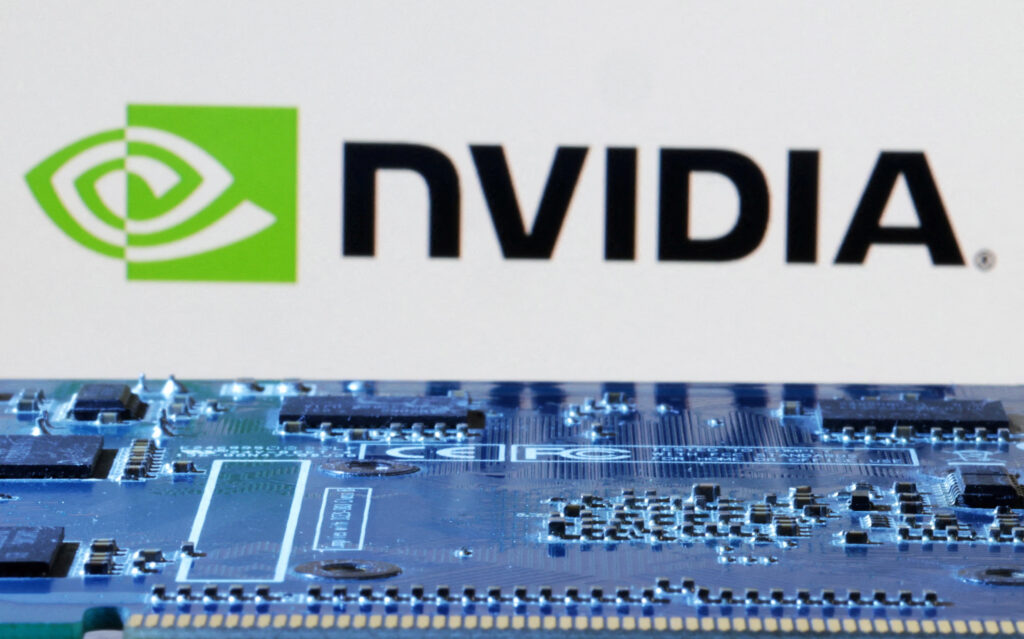
In a significant development amid ongoing U.S.– China technology tensions, China’s Cyberspace Administration has ordered some of the country’s largest tech companies, including ByteDance, Alibaba, Tencent, and Baidu, to halt purchases and testing of Nvidia’s RTX Pro 6000D chips.
The directive effectively blocks Chinese firms from customizing or deploying these high-performance processors, which are widely regarded as essential for advanced AI development, machine learning, and data-intensive computing.
Why the Ban Matters
This move is part of a broader strategy by Beijing to reduce reliance on foreign chipmakers, particularly as Washington continues to tighten export restrictions on advanced semiconductors to China. By limiting access to Nvidia’s technology, Chinese regulators are encouraging domestic firms to turn to local alternatives in AI hardware and accelerate the growth of China’s homegrown semiconductor ecosystem.
For companies like ByteDance (parent of TikTok) and Alibaba, the restrictions mean delays in AI model training and product development areas where Nvidia’s chips have traditionally provided a significant competitive advantage.
The Bigger Picture: U.S.–China Tech Rivalry
The ban underscores the escalating tech rivalry between the two largest economies. While the U.S. cites national security concerns to curb China’s access to cutting edge chips, Beijing is doubling down on self-sufficiency in critical technologies, from AI processors to advanced lithography.
China has already invested heavily in local semiconductor firms such as Huawei’s HiSilicon, SMIC, and Biren Technology, which are now positioned to benefit from this policy shift.
What’s Next For The Big Players?
For global markets, this development signals more fragmentation in the semiconductor industry. Tech firms operating in China may increasingly face the challenge of balancing between foreign and local supply chains, while investors will closely watch whether domestic chipmakers can fill the performance gap left by Nvidia.
As the U.S. and China continue their strategic standoff over AI and chips, one thing is clear: the competition to dominate the next era of technology has only intensified.